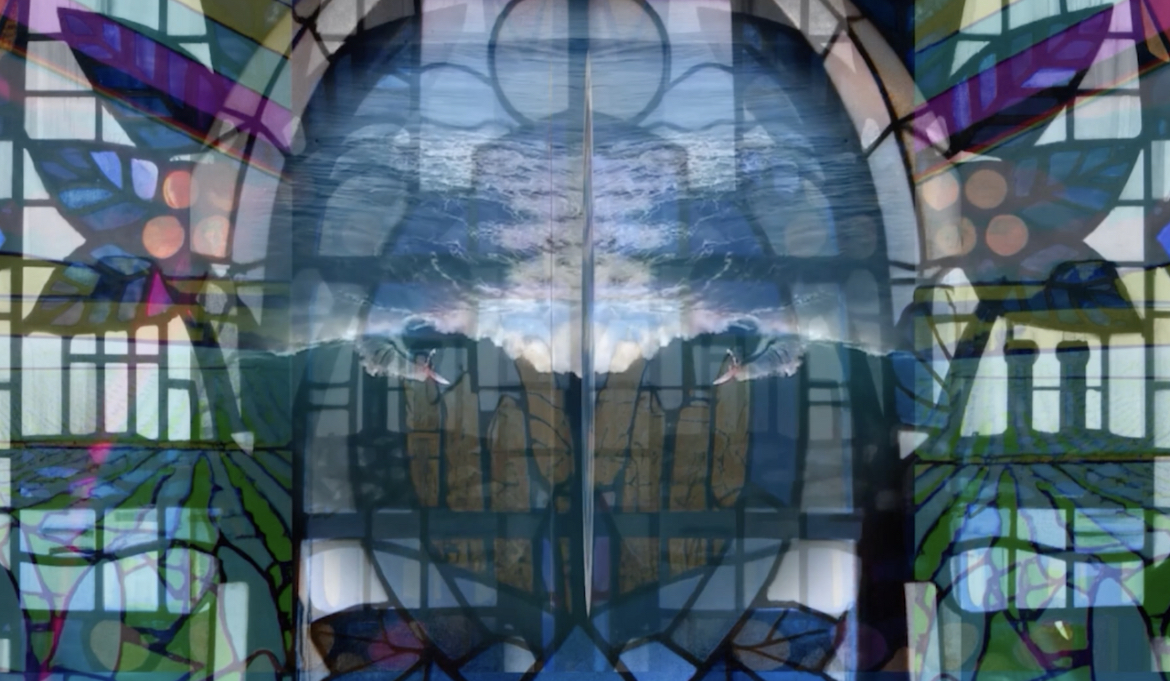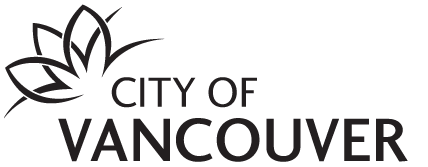Talks
Inclinations #15: Tecologies and Machinoiserie
10 November 2014
7:30PM
Convened by: Patricia Reed
Participants: Paul Feigelfeld
Or Gallery Berlin is pleased to present Paul Feigelfeld in Tecologies and Machinoiserie, for our speaker series Inclinations, hosted by Patricia Reed.
Ecologies, geologies, climate, and a natural philosophy of technology define the discourses which fathom post digital cultures. In my brief talk, I will try to produce a variety of vestiges of this movement of organic and organologic thinking, emerging from China in the 17th century, riddling G.W. Leibniz’s symbolic and logic systems and early ideas of organic networks and computability during the Baroque, going underground, four-dimensional and paranormal in the 18th and 19th century, and re-emerging in the proto-cybernetic circuits and natural philosophies of a younger Norbert Wiener in China in 1930. The convergence points of nature and technology, questions of synthetic biology and ecological consciousness can be discussed against this unstable background.
Inclinations:
A monthly speaker series at Or Gallery Berlin, hosting philosophers, artists, curators, and…
The presentation of work revolves around the posing of a question that is the thrust of a guest’s activities. It goes without saying that questions may not be answered, but are grappled with in their unresolvability. An inclination is the force of attraction to a question (without a straightforward response), yet also to each other, as a community who partakes in a common quest(ion).
Hosted by Patricia Reed.
# Arriving at a question is already a departure.
# Questions are a declaration of departure.
# Arriving at a question in thought or activity is also the creation of a trajectory, of inclining oneself towards an unknown goal, yet not without direction.
# A question inclines a departure in a particular way, but a question itself is generic – it propels all modes of seeking some thing. Questions possess the force of bending and swerving ideas/action.
# A question is the confrontation and departure from a lack. To arrive at a question is to arrive at a gap in knowledge, action and speech – a gap that cannot be immediately filled in without the inclination towards something other.
# A question is indisciplinary; the inclining magnetism of a question knows no disciplinary bounds.
In Kooperation mit der Botschaft von Kanada/In collaboration with the Embassy of Canada
Participant Bios
Paul Feigelfeld
Paul Feigelfeld is the academic coordinator of the Digital Cultures Research Lab at Leuphana University Lüneburg. He studied Cultural Studies and Computer Science at Humboldt University in Berlin. From 2004 to 2011 he worked for Friedrich Kittler and is one of the editors of his collected works, focussing on source code. From 2010 to 2013 he was a researcher at Humboldt’s Institute for Media Theories and is now undertaking his PhD entitled “The Great Loop Forward: Incompleteness and Media between China and the West”. His writing appears in publications such as 032c,
frieze, Texte zur Kunst, Novembre, PIN-UP, and Modern Weekly China. He has published with Wilhelm Fink, Merve, Sternberg Press, and Spector Books. He is also an editor for „spheres”, focusing on post-media discourses, politics after the net, as well as digital activism.




